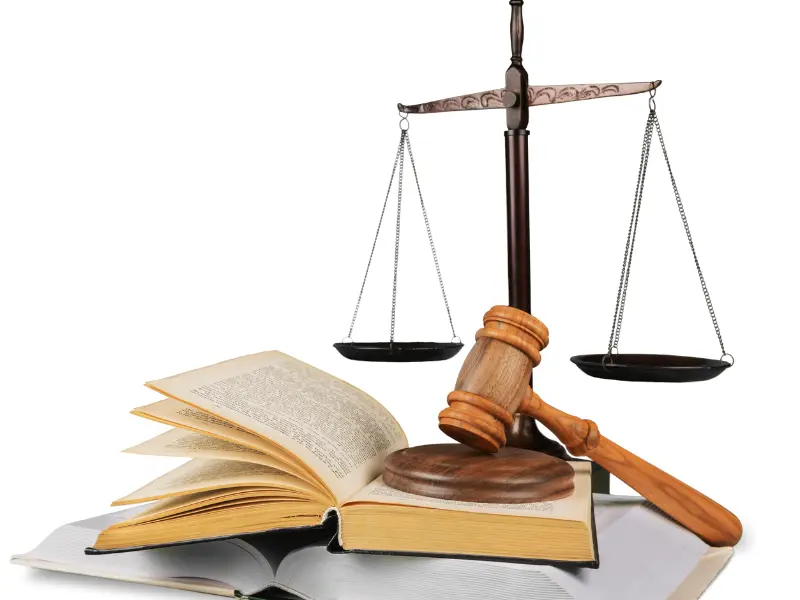
Precautionary measures are temporary legal protections against changes that may occur in the subject matter of the case while the case is ongoing and that will make the enforcement of the judgment impossible or difficult. The purpose of the precautionary measure is to prevent the right holder from suffering irreparable damages due to changes that may occur in the subject matter of the case or to stop such damage if it is already occurring.[1]
The conditions for precautionary measures are stated in Articles 389 and following of the Code of Civil Procedure. According to the provision; In cases where there is a concern that due to a change in the current situation, the acquisition of the right will become significantly difficult or completely impossible or that a disadvantage or serious damage will arise due to delay, a precautionary measure decision may be given on the subject matter of the dispute (Article 389/1). Precautionary measures may be requested before the lawsuit is filed or after the lawsuit is filed. After the lawsuit is filed, precautionary measures may be requested from the court where the main lawsuit is heard. Before filing a lawsuit, a request for provisional measures can be made from the court that has jurisdiction and authority over the merits (Article 390/1). The court may decide on any measure that will eliminate the inconvenience or prevent damage, such as preserving the property or right subject to the measure or entrusting it to a trustee or doing or not doing something (Article 391/1). As is clearly understood from the provision, the provisional measures to be given by the judge are not limited in the Law. In case of a provisional measure decision, the implementation of the decision must be requested within one week from the date of notification or notification to the party requesting the measure. Otherwise, even if a lawsuit is filed within the legal period, the provisional measure decision is automatically lifted.
The Code of Civil Procedure also includes regulations regarding the application of sanctions in case of opposition to the provisional measure decision. Accordingly, anyone who does not comply with the order regarding the implementation of the provisional injunction decision or who acts contrary to the provisional injunction decision shall be punished with up to six months of disciplinary imprisonment upon complaint being made within six months from the date of learning of the violation. The competent and authorized court for the opposition to the provisional injunction decision is the court that issued the decision, if the lawsuit on the merits has not yet been filed; if the lawsuit on the merits has been filed, the court where this lawsuit is heard (Art. 398./1).
It should be noted that in order for the provisions of opposition to the provisional injunction to be applied, the opposition must be intentional. On the other hand, the persons whose liability will be brought to the agenda for opposing the provisional injunction are those who are under the obligation to comply with the injunction decision issued by the court. Opposition to the injunction decision can only be carried out by real persons. Therefore, if the person liable for the injunction is a legal entity, a disciplinary detention decision cannot be made against the legal entity, but a disciplinary detention sanction can be imposed on the authorized person of the legal entity responsible for the implementation of the injunction decision. For example, if an injunction decision is issued preventing a bank from converting the letter of guarantee in question into cash, the bank’s payment of the letter price by converting it into cash will bring the provisions of opposition to the provisional injunction decision into the agenda.[2]
In addition, the application of sanctions in case of opposition to the injunction decision is clearly conditioned in Article 398 of the Law. Therefore, it is not possible for the court to make such a decision ex officio. The complaint regarding the opposition to the provisional injunction decision must be brought within the six-month limitation period as of the date of learning about the behavior contrary to the provisional injunction decision. Otherwise, the right to complain of the party who does not file a complaint within the six-month period as of the date of learning about the behavior contrary to the provisional injunction decision will be extinguished.
On the other hand, the Law also includes a provision that an objection can be filed against the disciplinary detention decisions given regarding the person who opposes the provisional injunction decision. The parties may object to the decision within two weeks as of the notification of the decision. If the court that rendered the decision in that place has more than one chamber, the chamber that is numbered after it; if the chamber with the last number is numbered, the chamber with the first chamber; if the court that rendered the decision in that place has only one chamber, the court of the same level and rank in the nearest place shall examine the objection (Art. 398/5). In addition, if an objection is filed, the disciplinary detention decision will not be enforced since it has not become final. If it becomes final, the execution of the decision shall be carried out by the Office of the Chief Public Prosecutor.
[1] Abdullah Batuhan Baytaz, Ayşe Ece Acar, ‘İhtiyati Tedbire Muhalefet’, MÜHF-HAD, Vol. 29, No. 2, 2023, p. 946.
[2] Abdullah Batuhan Baytaz, Ayşe Ece Acar, ‘İhtiyati Tedbire Muhalefet’, MÜHF-HAD, Vol. 29, No. 2, 2023, p. 949.
